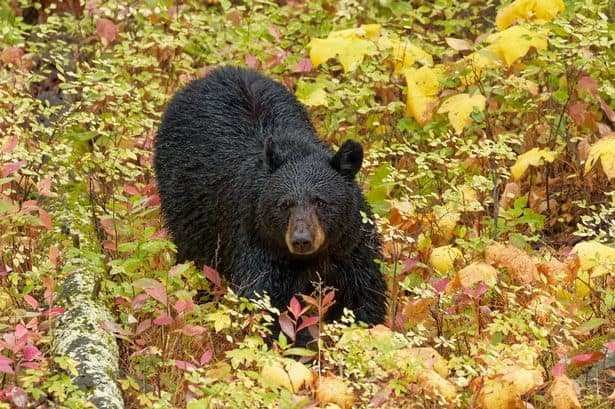The noise of church bells, ducks, geese, cockerels and even frogs has been the source of many a complaint – and even legal action – from visitors and newly arrived city dwellers in the French countryside.
Few will forget Maurice the crowing cockerel, who landed his owner in court in a case that ruffled feathers across France and symbolised the town and country divide.
Now, however, it is sound of silence that is causing unease. The famous cicadas of Provence, whose familiar callhas marked summer for millennia, have gone quiet.
Experts say it is a result of the heatwave in which temperatures across Europe have broken historical records.
“We have observed that the cicadas don’t sing almost ever in the afternoon when the temperature exceeds 36C in the shade. It’s too hot for them,” Serge Zaka an agro-climate specialist, told France 3 television. “Because of the heat, they can no longer regulate their temperature and as a result they no longer sing.”
The cicada chirp is produced by tymbals, or thin ribbed membranes, in the male’s abdomen, and is designed to attract females.
Specialists have said that if the increase in summer temperatures is permanent, the Provençal cicadas could move on elsewhere.
“With climate change, it’s very likely that we will see the area inhabited by the species evolve. Cicadas will move up the Rhône Valley farther north and seek altitude in the Pyrenees and southern Alps and the Cévennes,” Zapa said.
As well as affecting the male cicada’s ability to sing, extreme heatwaves may reduce the number of eggs and larvae produced by females, leading to a steep decline in the insect’s population.
The cigale – cicada – is a symbol of Provence and has featured in literature for centuries. The Greeks, for whom they represented death and rebirth, wrote poems to them. According to Provençal folklore, the cicada was sent by God to rouse working locals from their afternoon siestas to stop them being too indolent. The fable written by Jean de la Fontaine of the cicada and the ant has the former singing all summer while the latter works accumulating a store of food to survive winter.
There are an estimated 2,500 cicada species around the world; those in Provence live for four years, most of which is spent underground. It is one of the world’s noisiest insects, producing chirps of up to 120 decibels. When it rains or the temperature falls below 22C, the cicada’s diaphragm loses its elasticity and it shuts up.
This article by Kim Willsher was first published by The Guardian on 17 August 2022. Lead Image: A cicada rests on a pine tree during the heat of summer in Valbonne, in the south of France. Photograph: Sébastien Nogier/EPA.
What you can do
Support ‘Fighting for Wildlife’ by donating as little as $1 – It only takes a minute. Thank you.
Fighting for Wildlife supports approved wildlife conservation organizations, which spend at least 80 percent of the money they raise on actual fieldwork, rather than administration and fundraising. When making a donation you can designate for which type of initiative it should be used – wildlife, oceans, forests or climate.







Leave a Reply